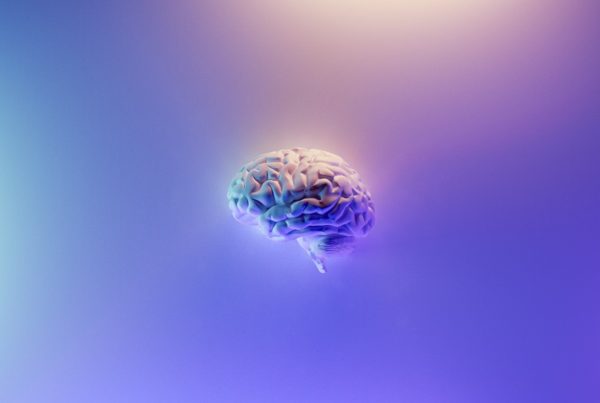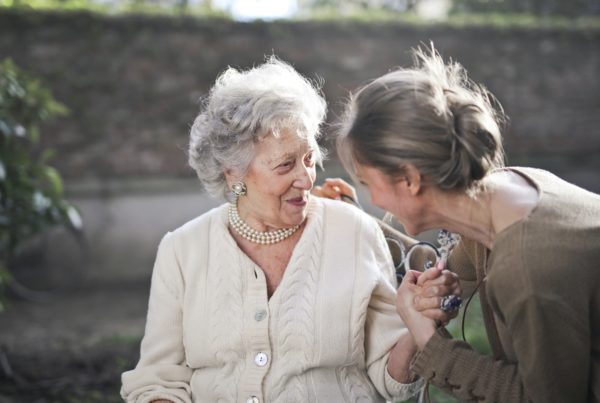It is easy to become dehydrated. Often by the time you think about having a drink and realise you are thirsty, you are already in the early stages of dehydration.
But what can happen to your body if you are dehydrated – and when does it become a bigger problem?
Dehydrated in the medical sense means when your body loses more fluid than what you are taking in. If the normal water levels in your body are reduced, it has a knock-on effect that can impact and upset the delicate balance of salts and sugars within your body, which will impact the way you function.
A healthy human body is two-thirds water. Water helps to keep the joints and eye lubricated, flushes out waste and toxins as well as aiding digestion and also helps to keep the ski healthy.
Some signs of early dehydration include:
- Dark, strong-smelling urine and not visiting the toilet as often
- Feeling thirsty and possibly lightheaded
- Having a dry mouth and dry lips
- Tiredness and lack of focus / concentration
What causes dehydration?
Not drinking enough fluid is usually the common reason for dehydration – it is easy to lose track of how much you have drunk when you are not monitoring closely. Physical exercise, hot weather and diet can all contribute to dehydration.
Dehydration – Who is at risk?
Everyone can become dehydrated, however, there are a few groups of individuals that are more likely to experience dehydration:
- Babies and infants – as they have lower body weight, even the smallest loss in body fluid can cause dehydration. Babies and infants also will not be able to effectively explain they are feeling thirsty.
- Individuals with longer-term issues – those with long term issues and conditions such as diabetes are at a higher risk of dehydration. Those that suffer from alcoholism are also at a higher risk of dehydration due to the severe impact that alcohol has on the body.
- Athletes – due to the physical nature of their day to day lives and the amount of sweat their bodies lose, it is easy for athletes to develop dehydration
- The Elderly – it is easy for older individuals to forget they need to drink regularly and they might not be as aware that they need to drink at regular intervals / might forget when they last had a drink.
What to do if my loved one is dehydrated?
Try and encourage your loved one to drink if you are aware they are dehydrated due to their appearance or behaviour. Ask when they last had a drink, make them a cup of tea or purchase some squash or flavoured water for them to drink if they don’t like plain water
Purchase a bottle that has markings on it so they have a visual reminder to drink / can see how much they have drunk so far in a day. This can cause problems with people with mobility/muscle issues as they may not be able to easily lift the bottle. If this is the case, a cup with a lid and straw would be a good solution.
Untreated dehydration
Dehydration can be severe if left – causing seizures, brain damage and even death.
If you are concerned that your loved one isn’t drinking enough, you are finding it hard trying to get them to drink or they are vomiting after drinking water / other fluids, please seek medical help.




